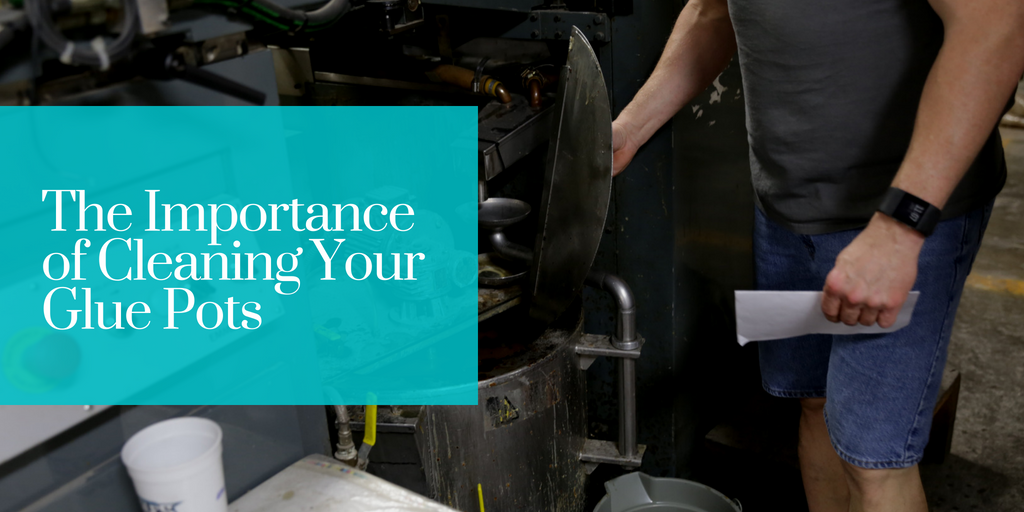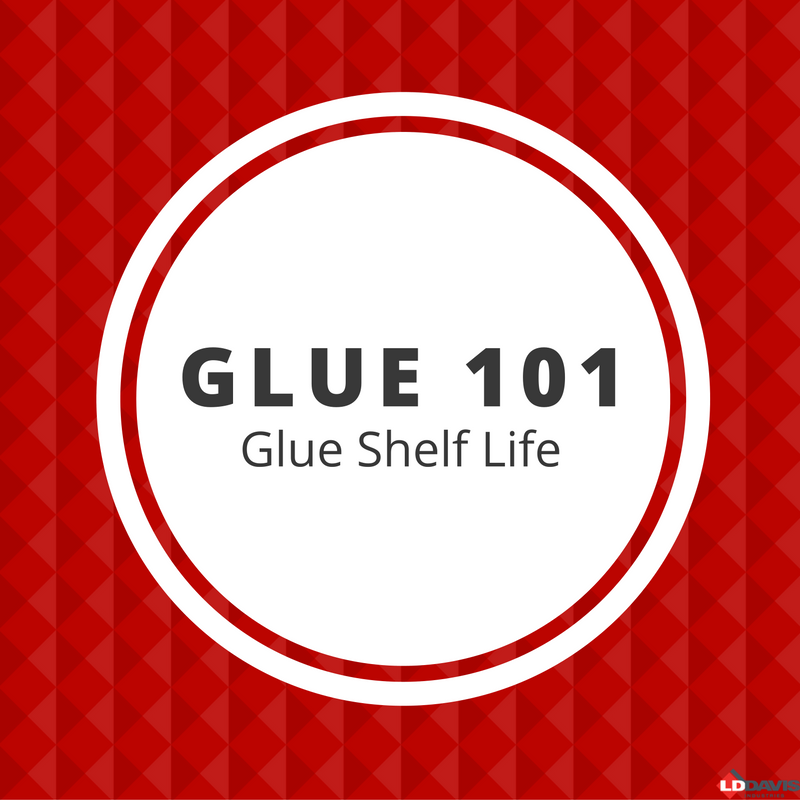When it comes to making boxes, there are a few major components: board, tape, glue, and the wrap. Most of the time we, naturally, focus on the glue. Today, we are going to switch things up a little bit and talk about the importance of a good wrap.
Running into issues getting an accurate glue viscosity reading from your equipment? We have good news. There are tools on the market that can help you measure viscosity. One of them is called a Zahn cup.
Read More >You've made a major investment in your equipment. Do not underestimate the importance of keeping it clean. This will ensure you get the greatest return on your investment.
Read More >When it comes to glue, how long is too long to keep it stocked on your shelves?
Today we'll cover the recommended shelf-life for our different products: protein glues, hot melts, and liquid water-based glues.
Read More >








